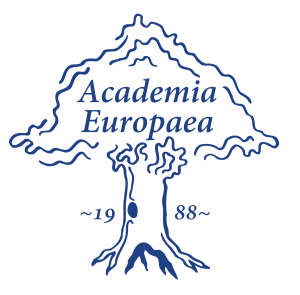Putting people first: how do we care for each other, build resilience and solidarity in a world in crisis?
Joint webinar between the European Group on Ethics, SAPEA and Academia Europaea
Current crises like the war in Ukraine, the cost-of-living and energy, the pandemic and climate change are affecting the lives of millions of people in Europe and around the world. Yet, individuals and communities are affected differently by crises. Whilst so many are negatively affected, particularly the disadvantaged in society, there are others who are able to benefit.
What is a crisis, and how do we ensure we provide adequate support – social, economic, health and wellbeing – to those in need? How can societies distribute the burdens, as well as the benefits, fairly and equitably? How can a sense of solidarity help as a guiding principle? And how do we build resilience and resilient communities?
Join this panel of experts to discuss these critical issues, where we consider both current crises and what is needed for the future. You, the audience, will have the opportunity to pose questions and be part of the debate.
SAVE THE DATE
31 January 2023
14:00 – 15:00 (CET)
TYPE OF EVENT
Online event
Open to the public, registration required
ORGANISERS
PANEL DISCUSSION
- Professor Barbara Prainsack MAE, Professor for Comparative Policy Analysis, University of Vienna; Chair of the European Group on Ethics
- Dr Eija Meriläinen, Human Geography Group, Örebro University; Member of the SAPEA Working Group on Strategic Crisis Management in the EU
- Professor Nils-Eric Sahlin MAE, Professor and Chair of Medical Ethics, Lund University, Vice-Chair of the European Group on Ethics
- Professor Alena Buyx, Professor of Ethics in Medicine and Health Technologies, Technical University of Munich; Chair of the German Ethics Council
Professor Ole Petersen, Vice-President Academia Europaea, will chair the session.
About SAPEA
SAPEA (Science Advice for Policy by European Academies) produces independent evidence review reports that are used by the Group of Chief Scientific Advisors to make policy recommendations to the EC. This transparent process ensures that the EC’s proposals for policy and legislation are well-informed. Learn more
About Academia Europaea
Academia Europaea is a European non-governmental association acting as an Academy. Founded in 1988, it now numbers around 4500 members, including leading experts from the physical sciences and technology, biological sciences and medicine, mathematics, the letters and humanities, social and cognitive sciences, economics and the law. Learn more
About the European Group on Ethics
The European Group on Ethics provides the European Commission with high quality, independent advice on all aspects of EU legislation and policies, where ethical, societal and fundamental rights issues intersect with the development of science and new technologies. The EGE is an independent advisory body of the President of the European Commission. It was founded in 1991. Learn more




